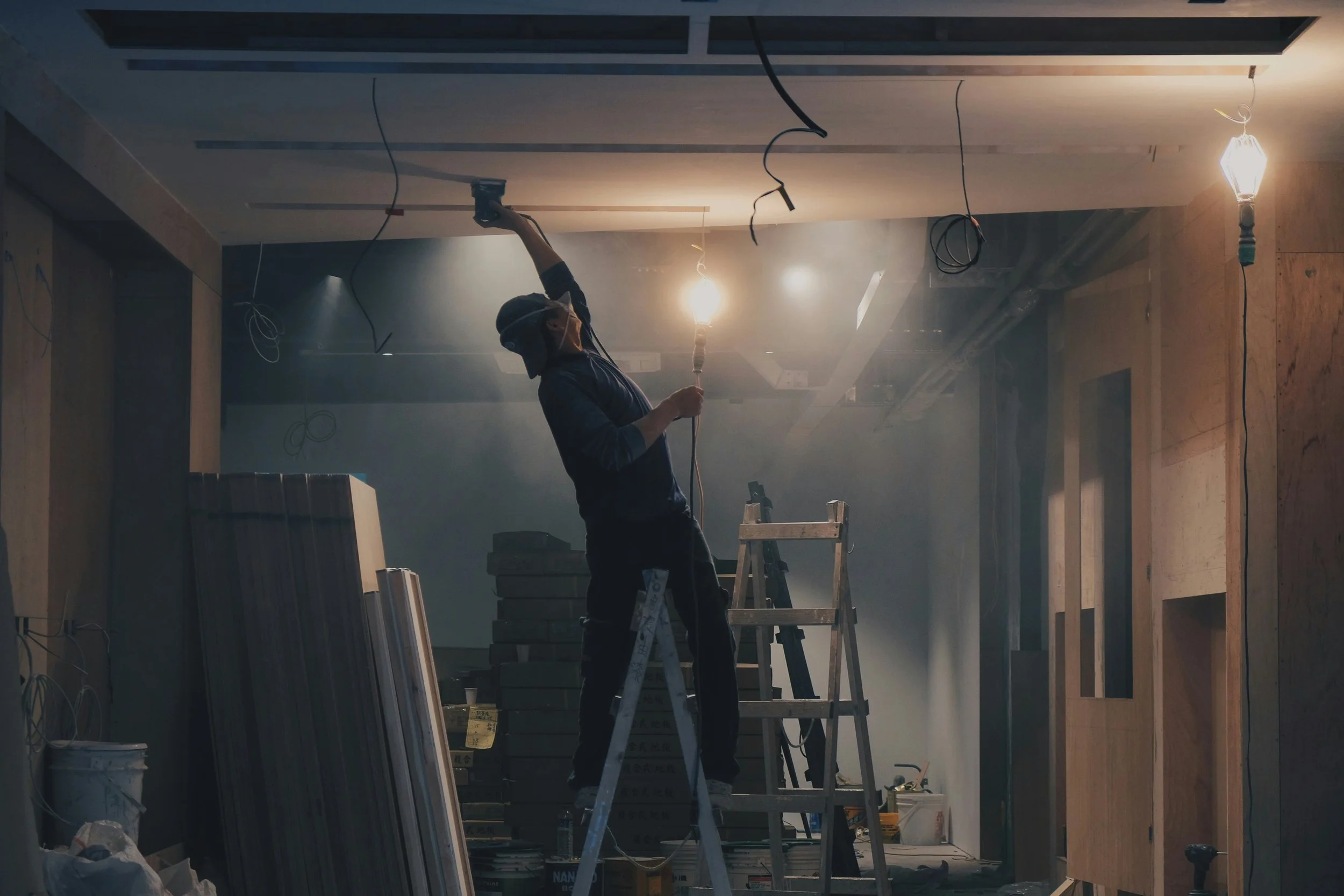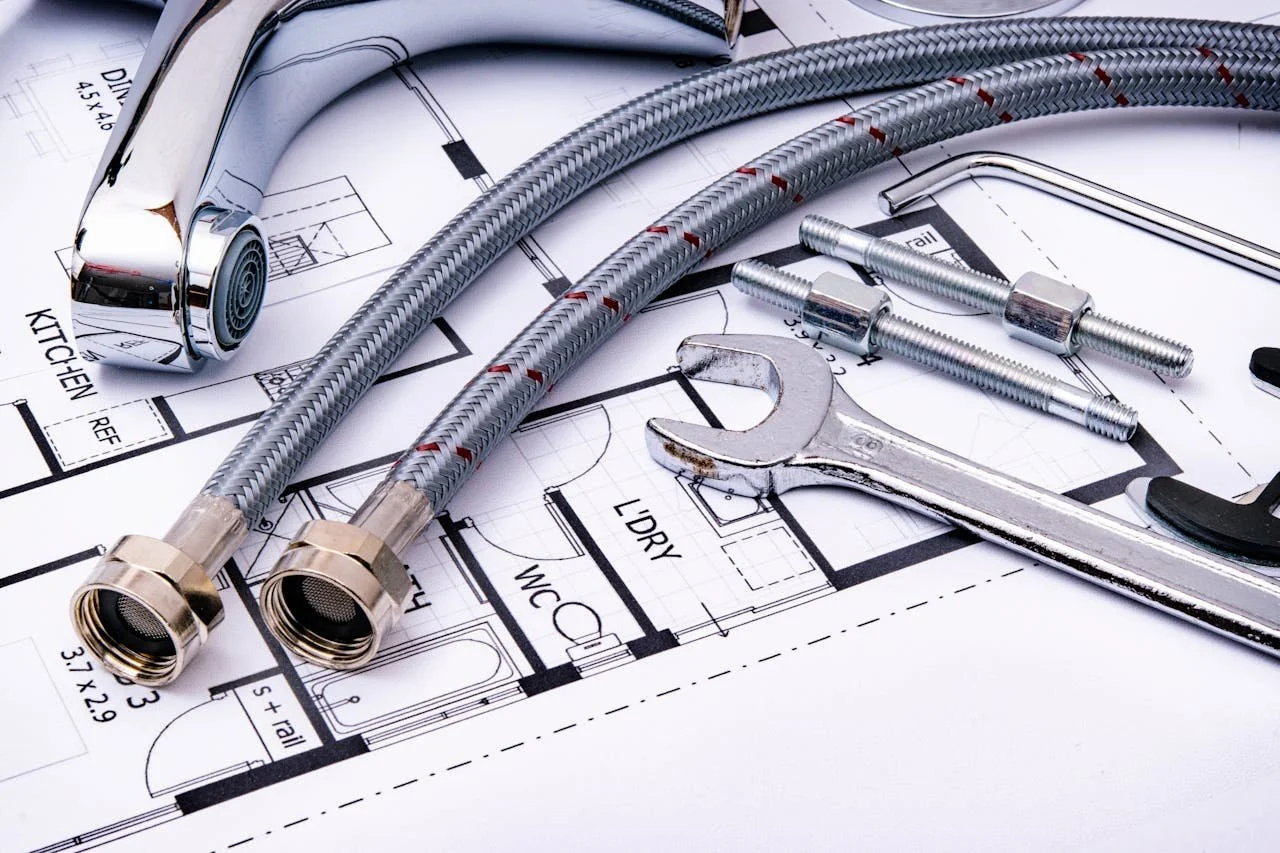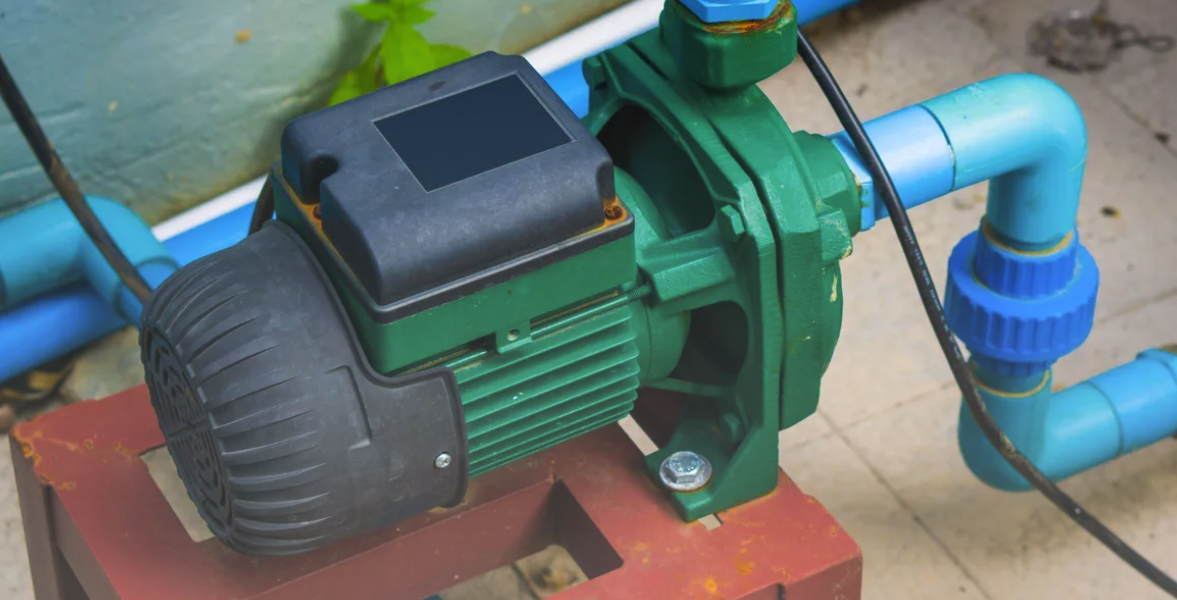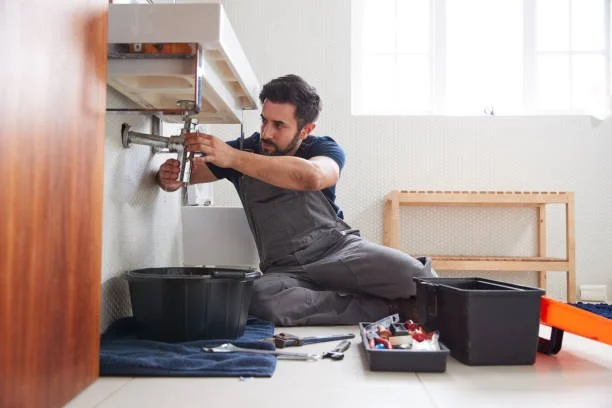8 Smart Ways to Save Big on Essential Home Fixes
RH Business Marketing Solutions
Home maintenance often takes a backseat in our busy lives. Yet, it's crucial for preserving the value and functionality of our homes. Regular maintenance can prevent minor issues from spiraling into costly disasters, from fixing leaky faucets to repairing damaged drywall.
Home repairs can quickly drain your bank account if you're not careful. Unexpected repairs can wreak havoc on your budget, whether it's a burst pipe or a malfunctioning HVAC system. That's why finding smart ways to save on essential home fixes is vital for every homeowner.
1. DIY Home Fixes for Common Problems
Embarking on a do-it-yourself (DIY) home repair project can be empowering, but knowing your limits is essential. Assess your skills honestly and start with simple tasks before tackling more complex projects. Remember, there's no shame in calling a professional if you need help.
Having the right tools can make all the difference in DIY home repairs. Invest in quality tools like a hammer, screwdriver set, and tape measure. These basic repair tools will be useful for many projects and can save you money in the long run.
Many home repairs can be completed with a little know-how and guidance. Look for step-by-step guides and video tutorials online to help you through common tasks like patching drywall or fixing leaky faucets. With a bit of patience and perseverance, you can save big by doing it yourself.
2. Prioritizing Home Repairs to Maximize Savings
When it comes to home repairs, it's essential to distinguish between urgent repairs and cosmetic upgrades. Focus your budget on critical repairs that affect the safety and integrity of your home first. Cosmetic upgrades can wait until you have more discretionary funds available.
Proactive maintenance is key to avoiding costly emergencies down the line. Create a maintenance schedule that includes regular inspections of your home's systems and appliances. By catching problems early, you can address them before they escalate into major repairs.
Timing is everything when it comes to saving money on home repairs. Take advantage of seasonal discounts and promotions offered by contractors and suppliers. Whether scheduling HVAC maintenance in the offseason or buying materials during sales events, strategically timing your repairs can lead to significant savings.
3. Finding Affordable Contractors and Materials
When hiring contractors for home repairs, don't settle for the first quote you receive. Take the time to compare quotes from multiple contractors to ensure you're getting the best deal. Look for reviews and ask for references to gauge the quality of their work.
Don't be afraid to negotiate prices with suppliers when purchasing materials for home repairs. Many suppliers are willing to offer discounts, especially if you're buying in bulk or paying cash. Be polite but firm in your negotiations; you may be surprised at how much you can save.
The internet is a treasure trove of savings regarding home repair supplies. Look for discounts, coupons, and rebates online retailers and manufacturers offer. You can also sign up for email newsletters and follow social media accounts to stay updated on the latest deals.
4. Creative Ways to Save on Materials
Before you throw away old materials from demolition projects, consider salvaging and reusing them. Items like old bricks, lumber, and fixtures can often be repurposed for new projects, saving you money and reducing waste.
Get creative with upcycling by giving old furniture and fixtures a fresh lease on life. With a coat of paint or creative embellishments, you can transform outdated pieces into stylish additions to your home. Upcycling not only saves money but also reduces the demand for new materials.
Community swap groups are a fantastic resource for finding free or low-cost materials for home repairs. Join local online groups or attend community swap events to connect with neighbors who may have items you need. It's a win-win situation that fosters community spirit while saving you money.
5. Saving Money Through Sustainable Upgrades
Replacing old appliances with energy-efficient models can significantly save your utility bills. Look for appliances with ENERGY STAR certification, which indicates they meet high-efficiency standards. While the upfront cost may be higher, the long-term savings make it a worthwhile investment.
Improving your home's insulation is a cost-effective way to increase energy efficiency and lower heating and cooling costs. DIY insulation projects are relatively simple and can yield noticeable savings. Add weather stripping around doors and windows or installing attic insulation.
Many governments offer rebates and incentives for homeowners who make energy-efficient upgrades to their homes. Check with your local utility company or government agencies to see what programs are available in your area. These incentives can help offset the cost of green home improvements and accelerate your savings.
6. Tapping into Community Wisdom for Cost-Saving Tips
Tap into the collective wisdom of your community by joining local forums and social media groups focused on home improvement. Ask for recommendations, share tips, and learn from others' experiences. You may discover valuable insights and resources you would have found with others.
Consider hosting DIY workshops in your community to share your knowledge and learn from others. Whether teaching basic plumbing repairs or sharing tips for painting techniques, DIY workshops can empower homeowners to take control of their home repairs while building camaraderie with neighbors.
Explore the possibility of bartering services with friends, family, or neighbors to avoid labor costs for home repairs. Offer your skills in exchange for help with projects outside your expertise. It's a mutually beneficial arrangement that can save both parties money while fostering community bonds.
7. Proactive Steps to Prevent Costly Repairs
Regular inspections are essential for catching potential issues before they turn into costly repairs. Take the time to inspect your home's exterior, plumbing, electrical systems, and appliances regularly. Addressing minor issues early can prevent them from becoming major headaches.
Dealing with pests can be both annoying and expensive. Instead of relying on costly exterminators, try DIY pest control methods using natural remedies like essential oils, vinegar, or diatomaceous earth. These methods are effective and safer for your family and pets.
Each season brings its maintenance tasks to keep your home in top condition. From cleaning gutters and inspecting your roof before winter to servicing your air conditioning system before summer, staying on top of seasonal maintenance can prevent costly repairs and ensure your home is comfortable year-round.
8. Building a Financial Safety Net for Unexpected Repairs
Unexpected repairs are a fact of home ownership, so having a financial safety net in place is essential. Start building an emergency fund specifically for home repairs to cover unexpected expenses. Aim to save at least three to six months' living expenses to cushion any unforeseen repairs.
Home warranties can provide peace of mind by covering the cost of repairs or replacements for major systems and appliances in your home. However, weighing the pros and cons carefully before purchasing a home warranty is essential. Consider coverage limits, deductibles, and exclusions to determine if a home warranty is right.
When debt becomes a problem due to much-needed home repairs, consider getting help from professionals to sort your finances, refinance your loan, and eliminate your debt (see money max account reviews). Unforeseen expenses may hurt your budget, and that is okay. Just get back to building your finances again.
Conclusion
By implementing the intelligent strategies outlined in this article, homeowners can take control of their home maintenance costs and save big on essential repairs. From DIY fixes and strategic planning to researching contractors and investing in continual learning, numerous ways exist to minimize expenses while keeping your home in top condition.
Saving money on home fixes doesn't mean sacrificing quality or safety. With careful planning, proactive maintenance, and a willingness to learn new skills, homeowners can enjoy a comfortable and well-maintained home without breaking the bank. Remember, a little effort now can lead to significant savings and peace of mind in the long run.












